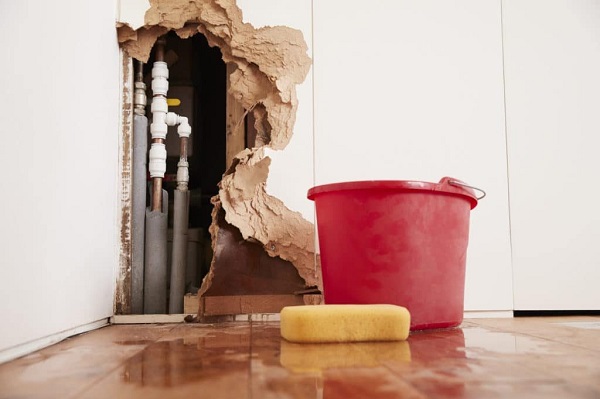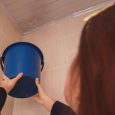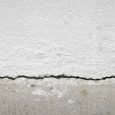You might have often heard experts saying that excess is the enemy of a house. Water is a necessity but also a very powerful thing. Its consistent drops can make a hole in a block of concrete, so you can imagine what it’s excessive amount can do to a brick wall.
People usually protect their houses from rainwater by installing tiles or weather paint. However, the real danger lies within the house. You have a web of pipes installed all-around your house within the walls and floor. One small leakage can do more damage than you can imagine. Even if you don’t let it flood the house, it can still cost you a lot of money.

This is why you should stay in touch with a good plumbing company that will reach your house right away to resolve the issue as soon as possible. This article discusses the damages water can do to your home and what you should do to avoid them.
Destroys the Floor
One danger most people don’t expect is how it destroys the floor. You can’t survive it if you have a wooden floor, but even tiles and marble can’t really withstand too much water. They are made to deal with water, but if it somehow gets below the tiles through one hole between two tiles, the tiles will start to come off. In some cases, marbles swell when the water gets below them.
This means you will have to find matching tiles and reinstall the area that was affected by water, which is not exactly a cheap process. Washroom tiles are safe and installed in a way to deal with water, but you shouldn’t let water stand in one place even in there.
Weakens the Foundation
The biggest danger from water is when it gets into the foundation of walls. Constant leakage or standing water near the outer walls can reach the foundation and weaken it. This compromises the integrity of the entire house. You can’t be sure how much it has done and how long it will keep standing.
Although it doesn’t happen right and takes a lot of time and water to do it, it most certainly weakens the concrete and cement below your house. You should try to keep the floor covered with concrete outside the outer walls.
As long as you control the leakages and pipe bursts, you won’t have any danger from the inside. However, the rainwater can collect and stay at one place and slowly go under the floor to the foundation of walls. This is one of the reasons why many people don’t grow trees near the walls.
Damps the Wood
It’s no secret that wood is really vulnerable to water once it’s off the trees. If you have cupboards of flooring of wood, you should try to keep them as far away from water as possible. Polishing and laminating it helps, but it is not a reliable method when there is water in excessive amounts.
Make sure you don’t install wood doors at any place where you expect water. You can find the doors of the same wood style in fiber, which is water-resistant. They are more commonly used as doors of washrooms.
Spoils the Paint
Any water leakage can dampen the walls from inside. If a wall is damp, paint won’t stay on it. No matter what you do next, the humidity will keep removing the paint. You will have to install tiles or come up with another solution when that happens. You should also watch out for your furniture and try to make its foundations of some material other than wood.




